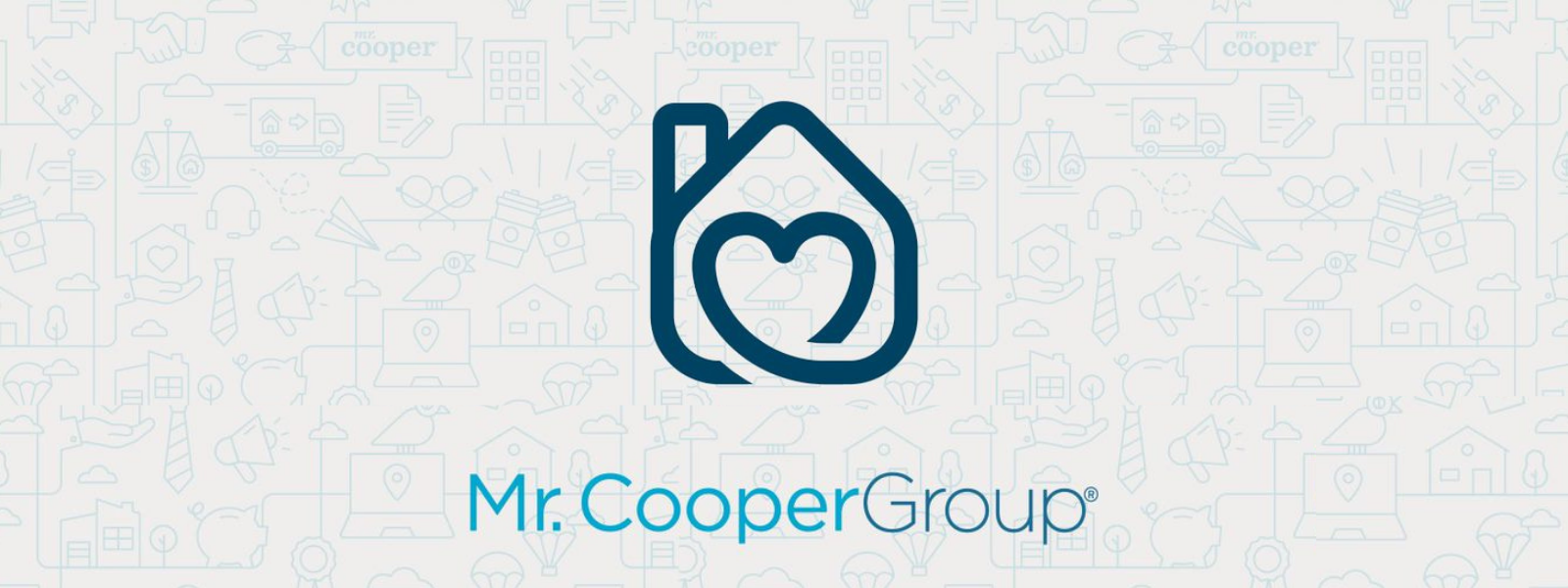Estimated reading time: 4 minutes
VP of Project Management, Jessica Evett is the founder and President of our newest employee resource group, Cooper CARES. This group focuses on education, advocacy, and support for Coopers living with disabilities or different abilities, mental health conditions, chronic illnesses, or are providing caregiver support to someone who is. Here’s how Jessica’s journey brought her to action.
Jessica Evett, VP of Project Management
My name is Jessica Evett. I’m a mother of a daughter starting college, and I learned THIS YEAR that I have ADHD, OCD, anxiety, and depressive symptoms. Throughout my whole life I’ve sort of known there was something different about me. How I moved through life. How my mind worked. But you get used to your own “normal” at some point and just figure out how to compensate.
After my second daughter was born 13 years ago, I started having major health issues that led me to an alphabet soup of diagnoses. I never looked after my mental health. I just prioritized it lower than my physical health and all the other responsibilities I had—until the pandemic hit. As I was able to be more alone working remotely, and with the added uncertainty surrounding COVID, I started to see what I might have been ignoring before.
I decided to get help. I went in having no idea what I was going to hear. Some of my diagnoses seemed obvious to me, like I sort of knew this the whole time but ignored it. But ADHD? That one shocked me, yet as I read up on it, the diagnosis made a lot of sense. Girls generally experience ADHD differently, I learned. No wonder no one noticed it before.
They’re twice as likely to experience major depression than girls without it, for example. And as recently as the 1990s, doctors thought that boys were nine times more likely to have it. As of 2016, that gap reduced to 2.5. That’s…a big deal. And what a mind-blowing revelation for me. I had no idea of the level of compensating I’d been doing my whole life.
Anxiety? That one made sense. I knew I had this. I had just moved past trying to solve for it. Anxiety isn’t just your average worrying. It’s being overcome with a crippling feeling of impending doom. Every small thing is a big thing. Sleep stops. You make yourself physically ill.
Depression? Obviously. When you have chronic health issues that result in chronic pain, it’s hard not to feel that way. OCD? I sort of knew this one too but didn’t realize that my ADHD not being regulated would trigger the anxiety and the OCD to the degrees it was. It’s why at my worse points I have to take a picture of my door being locked so I don’t jiggle it for 20 minutes before I can leave the house. So, while hearing that was surprising, it was also intensely validating. The thing that punched me in the gut was learning that my lack of mental health treatment manifested some of my physical disorders and the damage isn’t really reversible. It has set me on a journey to wellness.
So what’s my point? My one story is not unique. There are tens of millions of people like me. And I don’t want the lack of understanding about mental health disorders resulting in the next generation of young people suffering too. The percentages would indicate a significant number of Cooper employees are either living with mental health issues or know someone who is.
There is a very strong correlation between mental health and physical health, and the added pressure of caregiving serves as a force multiplier. That reality led me to starting Cooper CARES. CARES is focused on not only education but ACTION.
How do we break down the stigma around this huge demographic? Health doesn’t care about gender, race, ethnicity, orientation, or political or religious views. These issues apply to everyone. My goal with starting this employee resource group is to begin to take the steps to break down barriers and build a culture where more and more people are comfortable being open about what they are going through so we can actuate meaningful change.
More Information:
Mental Health in the US: https://www.nami.org/nami/media/nami-media/infographics/generalmhfacts.pdf
COVID Impacts on Mental Health: https://www.kff.org/coronavirus-covid-19/issue-brief/the-implications-of-covid-19-for-mental-health-and-substance-use/
ADHD Facts: https://knowablemagazine.org/article/mind/2020/adhd-in-girls-and-women







